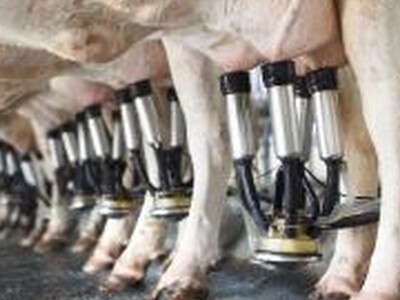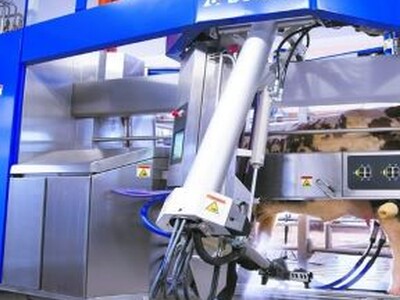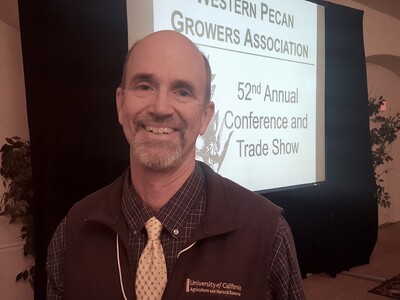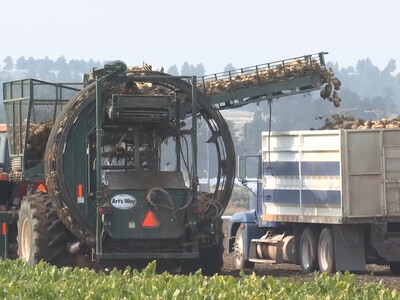TPP
The United States and 11 other nations have finally reached a long-sought agreement on a controversial free-trade pact. The Trans-Pacific Partnership, or TPP, would knock down tariffs and import quotas, making it cheaper to import and export, and open new Asia-Pacific markets to American companies. Negotiations have been going on for years. Critics say the trade deal will shift more jobs and business operations overseas, as U.S. businesses seek to benefit from lower wage workers in developing economies.Idaho Cattle Association executive director, Wyatt Prescott: "The agreement also opens new Asia-Pacific markets to American companies and products. This is a significant leveling of the playing field for the beef industry, as beef exports currently add over $350 to each head of cattle sold in the U.S."
Proponents say it will make it easier for U.S. businesses to sell overseas, opening up overseas markets the way the U.S. market is already open to imports from these 11 other countries. And they say that the growth of U.S. exports will produce well-paying jobs at home. The TPP is a central focus of President Obama's trade agenda, and something he has pushed for since the start of his presidency. The agreement must be approved by Congress and the other countries' legislatures before it can take effect.


















